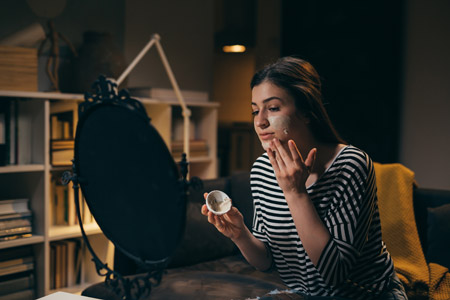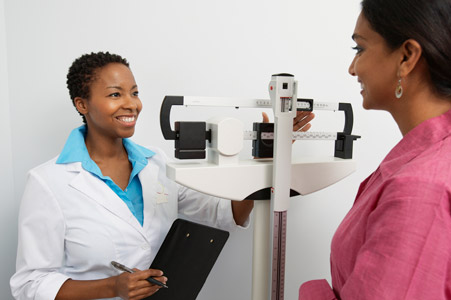


Tips for Combatting Spring Allergies
Spring has sprung! With this new season comes sunny skies, light spring showers, beautiful blooms, and unfortunately, spring allergies. Increased rainfall, faster winds, and other seasonal factors can all impact how rough each allergy season is for those who suffer from pollen-induced allergies or ‘hay fever’. Springtime allergies can make it difficult to enjoy all the outdoor activities you’ve been waiting for all winter long, but luckily you can find relief to common symptoms!
In this article, we’ll explore the most common symptoms to look out for, what concerns to bring up with your doctor, and the most common treatments for springtime allergies.
Common Springtime Allergy Symptoms
Although most commonly associated with springtime in North America, seasonal allergies, otherwise known as hay fever, can occur any time of year when excess pollen is present including the spring, summer, and beginning of fall.
These allergies most commonly manifest with the following symptoms:
- A runny or stuffy nose
- Sneezing
- Coughing
- Irritation of the nose or throat
- Irritation of the eyes, redness, or puffiness around the eyes
Getting an Allergy Diagnosis from Your Doctor
If you notice that you’re experiencing an uptick of symptoms like the ones listed above, it is possible that you are suffering from seasonal allergies. Be sure to make note of your symptoms and to record the frequency, severity, and where they most commonly occur (indoors vs. outdoors). Keeping a journal of your symptoms can help your doctor determine if you’re experiencing allergies, or possibly something else.
To seek immediate relief for allergy symptoms, there are over-the-counter medications available, but it’s important that you discuss any new medications with your doctor or pharmacist. By running these medications by a medical professional, they can determine if your current prescriptions may have reactions with these medications.
OTC medications may provide relief, but it’s also important to seek an official allergy diagnosis from your doctor so they can rule out something more serious before it develops further.
Tips for Combatting Spring Allergies
Besides seeking an official allergy diagnosis through testing from your doctor and taking OTC or prescribed medications for your allergies, there are a few other steps you can take to potentially help reduce your symptoms associated with springtime allergies. These include:
- Maintain Pollen-free Living Areas: As springtime sets in and more pollen fills the air, avoid opening doors and windows to your home. You can prevent tracking more pollen into your home by staying indoors when pollen levels are high. It’s ok to run air conditioning as this air is filtered, but avoid other climate controllers like humidifiers.
- Stay Away From Pollen: As it warms up, avoid pollen-heavy activities like mowing the lawn, gardening, and leaf raking if you can help it.
- Adjust Your Hygiene Routine: On high-pollen days, shower to wash away pollen and put on clean clothes after going outdoors. You can also possibly use saline to flush out your nose and eyedrops to keep your eyes free of irritants — but always consult your doctor before doing so.
The best course of action if you’re suffering from any allergy-like symptom is to talk to your doctor as soon as possible to seek testing and develop an effective course of treatment.


.jpg)
.jpg)
.jpg)


















.jpg)





















.jpg)

















.jpg)


























.jpg)
.jpg)
.jpg)









